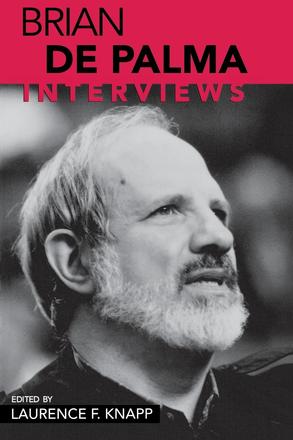
Brian De Palma
Interviews
Profiles and q & a interviews which follow De Palma’s fortunes as he makes the transition from underground filmmaker to celebrity auteur
Description
Brian De Palma (b. 1940) isn't your average Hollywood director.
For years he reigned as the “master of the macabre,” the man who massacred the class of '76 in Carrie and stalked Angie Dickinson in Dressed to Kill. By the mid-1980s De Palma found himself assaulting his audience and critics, daring them to watch a chainsaw enter a man's skull in Scarface and a power drill disembowel a defenseless woman in Body Double.
What drove De Palma to such extremes? In the late 1960s, he wanted to be the next Jean-Luc Godard and revolutionize American cinema. Instead, he found himself ostracized when Warner Bros. removed him from Get to Know Your Rabbit, his first Hollywood feature. De Palma sought the refuge of Alfred Hitchcock until the late 1970s (Sisters, Obsession), when his surreal approach to horror became a genre unto itself (Carrie, The Fury, Dressed to Kill). Ironically, just as De Palma achieved the success that his fellow Movie Brats George Lucas, Martin Scorsese, and Steven Spielberg had enjoyed since the mid-1970s, he could not hide his resentment toward Hollywood. After battling with the MPAA in the 1980s, he gradually became part of the mainstream with the success of The Untouchables and Mission: Impossible, although he never suppressed his desire to make audiences aware of his camera-eye and his dark, penetrating worldview.
Brian De Palma: Interviews follows De Palma's fortunes as he makes the difficult transition from underground filmmaker to celebrity auteur. In profiles and q & a interviews, he emerges as a fascinating figure of excess and ambivalence. De Palma is not afraid to share his opinions about censorship, violence, feminism, American culture, and the fate of cinema in the twenty-first century.
Reviews
"A very worthwhile read. It gives you a unique look into the mind of one of the master filmmakers still working today. "
- Terry R. Wickham, mantaraypictures.com